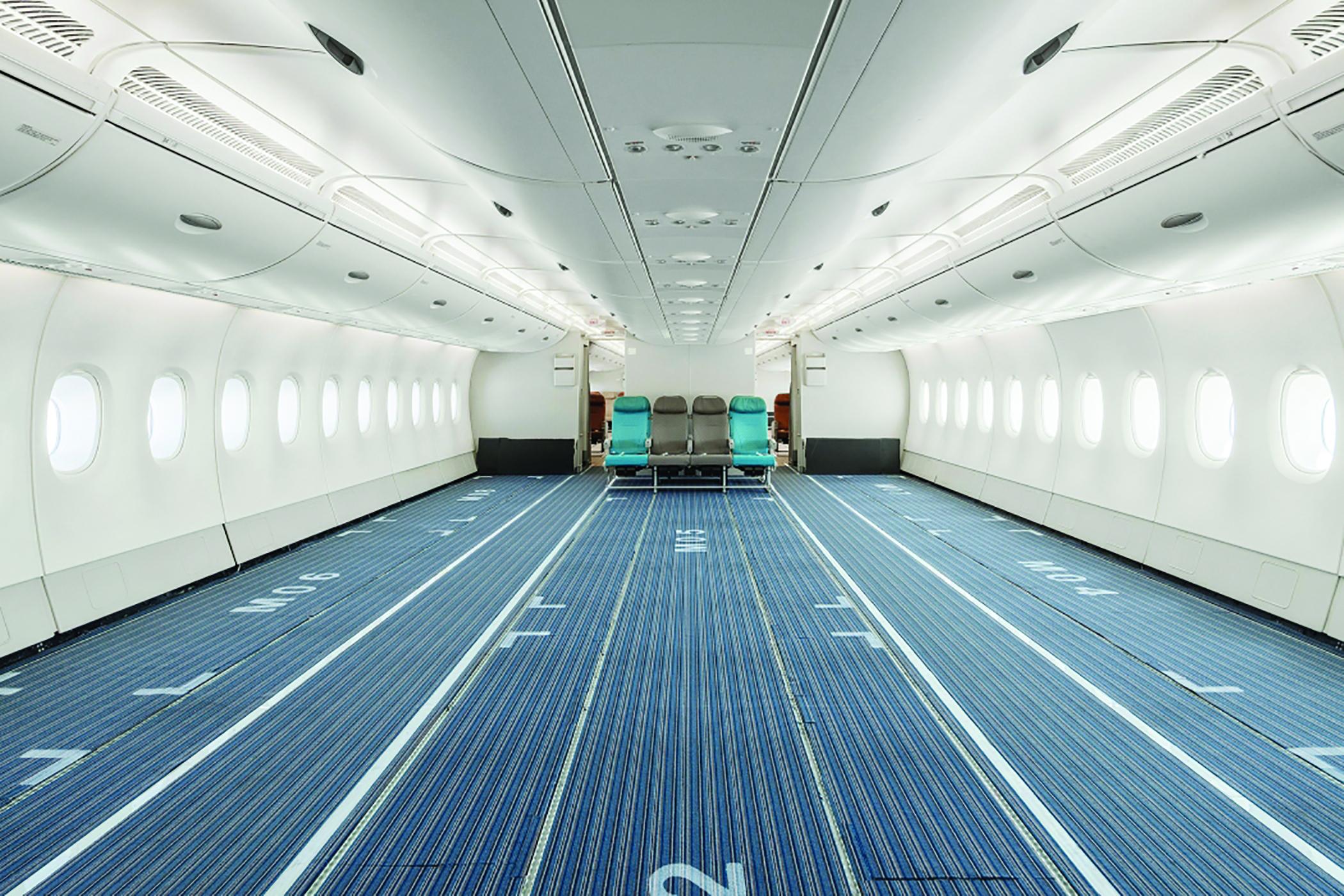
Ask the Editors: The Aviation Week Network invites our readers to submit questions to our editors and analysts. We’ll answer them, and if we can’t we’ll reach out to our wide network of experts for advice.
How will the COVID-19 crisis change commercial fleets? Could the A380 be reinvented as a cargo aircraft?
Aviation Week Executive Editor for Commercial Aviation Jens Flottau responds:
The structures of commercial fleets are going to change significantly over the next few years. And while there are no real winners in the COVID-19 downturn: Some aircraft types are expected to benefit in relative terms, while others will make up a vastly smaller part of fleets or disappear altogether.
Production of the Airbus A380 and Boeing 747-8 will end soon, thanks to decisions that were made before the crisis. The A380 has never been popular for cargo use—Airbus dropped an A380F program early on in the program’s development and never resumed it. Given the aircraft’s size, required modification and limited demand, it is highly unlikely that anyone would be prepared to shoulder the investment needed.
Airlines have also been grounding their A380 passenger fleets, and it seems unlikely that many will return, with the notable exception of Emirates’ heavy reliance on the widebody.
Other widebody fleets are under pressure, too. Marquee carriers such as Delta Air Lines, Japan Airlines and All Nippon Airways have decided to retire all or large parts of their Boeing 777 fleets. The aging Boeing 767s, so far mainly still operated by U.S. majors, are on the way out, as are Boeing 757s.
On the Airbus side, A340s are likely to be leaving the active fleets in very big numbers. Somewhat surprisingly, a substantial part of the A330s are also currently grounded. With a growing part of the fleet now approaching the 20-year mark, a significant number may not return.
For whatever flying is currently left and as far as the rebuilding of long-haul fleets is concerned, the 787 and the A350 have remained popular given their low level of fuel burn and—as young fleets—low maintenance costs.
While there will be cancellations, there is wide agreement that the A320neo and A321neo will remain favorites. The A321XLR could play a major role in the relaunch of long-haul flying. The A220, both small and efficient, has taken a hit in terms of production rates but looks all but certain to benefit from airline efforts to operate smaller, low-cost units. At Delta, it is currently the most heavily used subfleet.
The wild card is airline demand for the 737 MAX: While the 737-8 is seen by customers as a very good and efficient aircraft (when it returns after its grounding), the larger -9 and -10 versions have so far been much less in demand, and Boeing reportedly is exploring further upgrades for the -10 to enhance performance.





